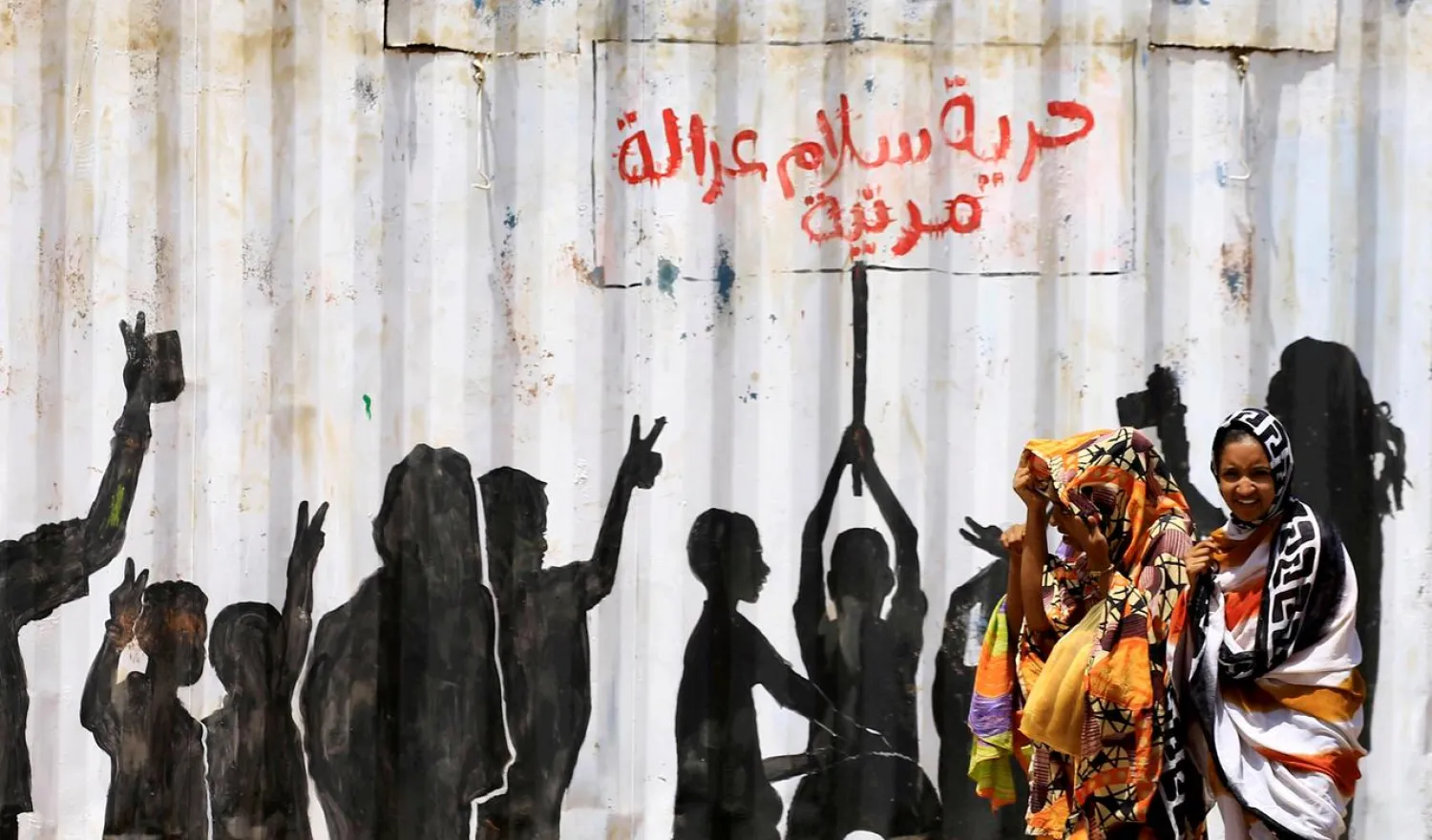Sudan’s government spokesperson, Minister of Culture and Information Faisal Mohamed Salih said that appointing state governors “might not satisfy some sides”.
Salih added that the process was challenging due to several major complications, adding that he can’t claim there was unanimity on all the candidates, but rather consensus.
Meanwhile, the National Umma Party (NUP), headed by Sadiq al-Mahdi, announced its withdrawal from participation. The party stressed that it refuses to take part in the local ruling structures based on the current standards set by Prime Minister Abdalla Hamdok.
Dozens of citizens from Kassala and North Kordofan took to the streets to protest against the new appointments.
Moreover, NUP deputy chairman Siddiq Mohamed Ismail criticized the approach adopted in the appointment process.
“We had informed the PM of the need to agree on standards and approve the state rule law before the appointment of governors,” he said.
On Wednesday, Hamdok appointed civilian governors for 18 states.
Mariam al-Mahdi, deputy leader of the NUP, objected against assigning Ayman Khalid as the governor of Khartoum. She said that this state represents the capital and should not be subject to partisan quotas, explaining that the party prefers that all political parties agree on a qualified candidate.
She reiterated the NUP’s backing of the transitional government, stressing that there is an urgent need to establish the structure of the authority during the transitional period.
Appointing the governors took several months due to the differences between Hamdok and the Forces of Freedom and Change. A major obstacle was appointing governors of states that are dominated by tribes and different ethnic groups.
The government spokesman called for backing the appointments in order ensure the success of the transitional period and pave the way for holding free and transparent elections.









